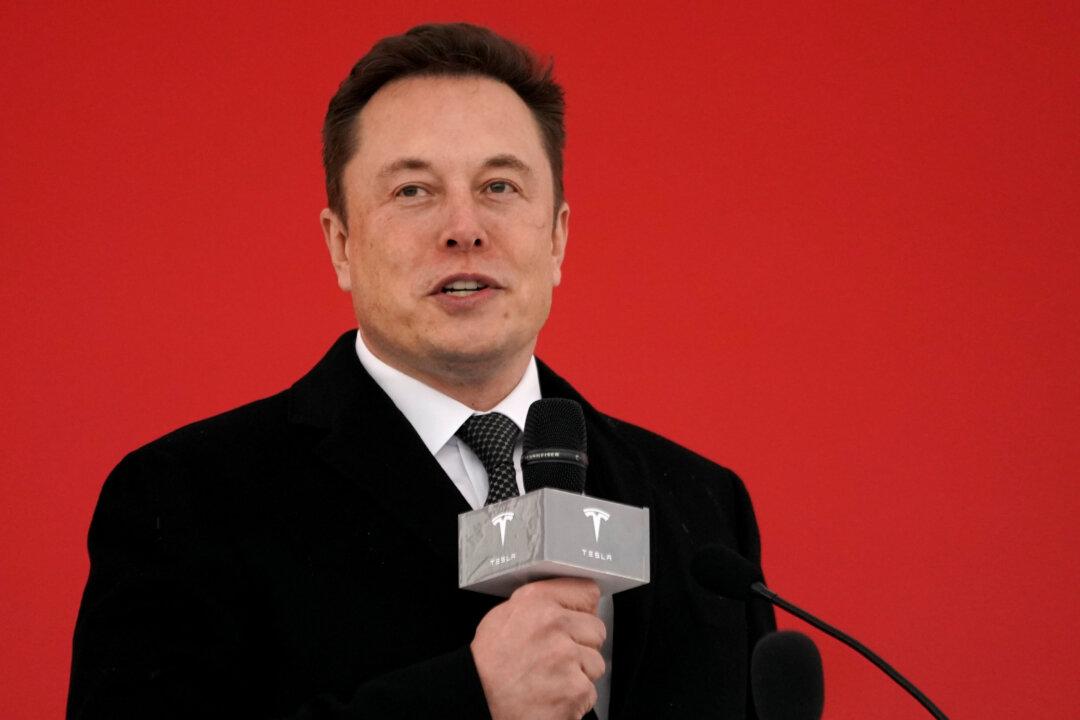A capital raise for Tesla Inc. will not come cheap and Chief Executive Officer Elon Musk must finally prove to investors that he can produce and deliver Model 3s and higher margin electric cars on time, Wall Street analysts said on April 25.
After unveiling a $700 million loss in the first quarter, Musk conceded late on April 24 that he needed to pull in more capital for the car world’s highest-profile venture of recent years.





